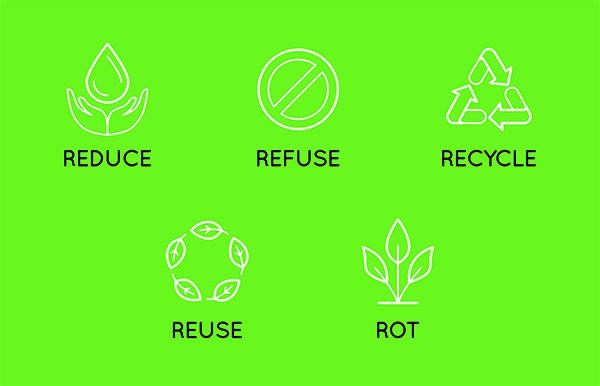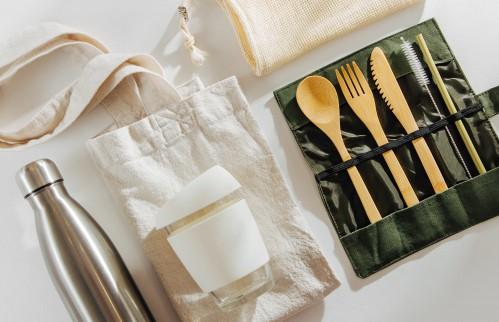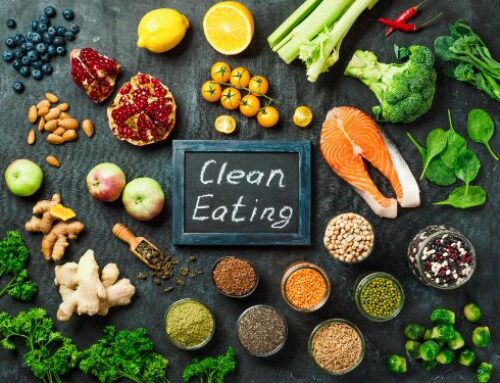The Zero Waste movement is here to stay. When it comes to sustainable living, zero waste aims to eliminate all household trash and send nothing to the landfill. According to the Zero Waste International Alliance, the process involves “responsible production, reuse, and recovery of all products, packaging, and materials, without burning them, and without discharges to land, water, or air that threaten the environment or human health.” Through eliminating waste, we can help decrease pollution, tackle climate change, and even keep unnecessary products entirely out of the production stream. In short, the goal of zero waste is to move from a linear economy where we take resources from the earth and send them to the landfills to a circular economy where there is no trash in nature. Instead of discarding resources, we create a system where resources effectively go back into the earth.

5 Principles to Zero Waste
While recycling is important, it’s not a perfect solution to zero waste because we’ve already exceeded feasible capacity. There is too much to process and we’re consuming too much. Instead of defaulting toward recycling, think of it as a last resort. In her book Zero Waste Home, Bea Johnson outlines five principles of zero waste.
- Refuse what you don’t need.
- Reduce what you use.
- Reuse whatever you can.
- Recycle what you can’t refuse or reuse
- Rot what’s left over.
If you’re still struggling to think of a first step toward zero waste, try to move away from single-use products in favor of long-lasting ones that can be reused. For example, consider a plastic fork. If you use a plastic fork during lunch and throw it away at the end of every day, the plastic forks would sit in the landfill for decades. It’s also important to consider the life cycle before you use your fork – the forks you’ve thrown away have to be created, shipped, and delivered. In contrast, a metal spoon can be conveniently washed, reused, and forgoes unnecessary waste associated with a single-use fork. Further, this concept isn’t limited to utensils: plastic water bottles, paper napkins, straws, and many other disposable items are included. Taking steps toward zero waste can make a big impact. Next time you’re packing your lunch, pack a metal fork and reusable napkin instead!

Although zero waste may seem daunting at first, it’s a beneficial way to be more intentional about our consumption of resources and contribute to a more sustainable environment. Stay tuned for tips on easy zero waste resolutions!





GREAT CONTENT…